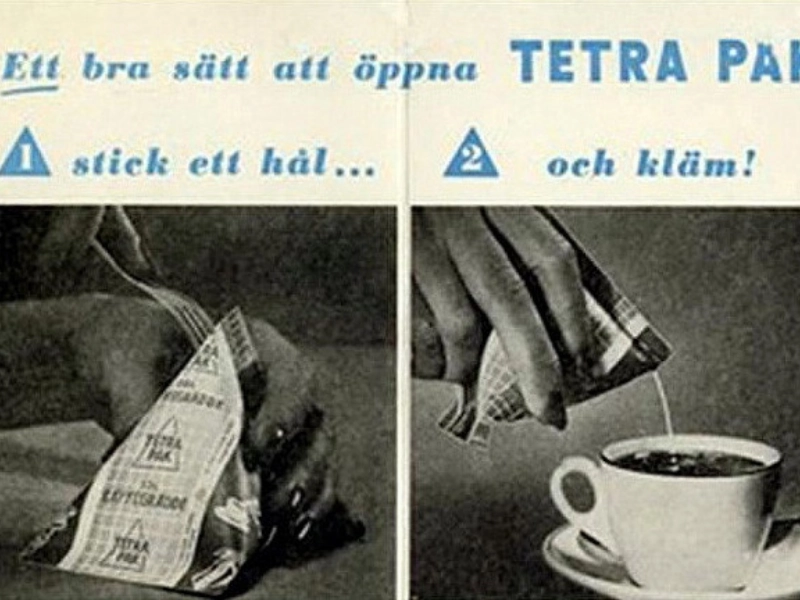
Upon returning to his home country, Ruben Rausing had a promising start in his career. He was hired as an assistant manager at a successful typographic business, where he gained valuable experience and insights into the operations of a thriving company.
While working in this role, Ruben meticulously prepared to launch his own venture. He had innovative ideas and a clear vision for the future, but he faced a significant hurdle: a lack of funds to bring his ambitions to life. Despite this challenge, he remained determined to pursue his entrepreneurial dreams.
Ruben's time in the typographic business not only honed his management skills but also provided him with a network of contacts that would prove beneficial in the future. His experience reinforced his belief in the importance of effective packaging, setting the stage for his eventual success in the food packaging industry.
In conclusion, Ruben Rausing's early career in the typographic business laid a strong foundation for his entrepreneurial journey, even as he navigated the challenges of securing the necessary funding to launch his own company.
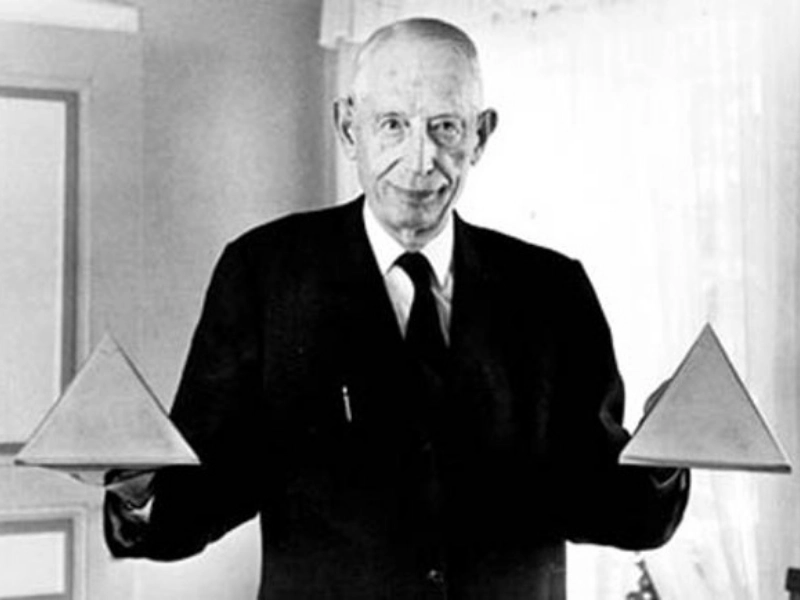
In his quest for funding, Ruben Rausing approached some of the leading business figures in Sweden. Among them was Axel Gren, the CEO of Electrolux, who was well-regarded in the industry. Despite his popularity and the connections he had made with some of the wealthiest individuals, Ruben faced significant challenges in securing the financial backing he needed.
Unfortunately, his proposals were not well received, and potential investors were hesitant to commit to his vision. This setback was disheartening for Ruben, as he believed strongly in the potential of his ideas and the need for innovative packaging solutions in the food industry.
Despite the initial rejections, Ruben remained undeterred. He continued to refine his concepts and sought alternative avenues for funding, demonstrating his resilience and determination to turn his vision into reality.
In conclusion, while Ruben Rausing faced difficulties in securing financial support from prominent Swedish businesspeople, his perseverance and unwavering belief in his ideas would eventually pave the way for future success.
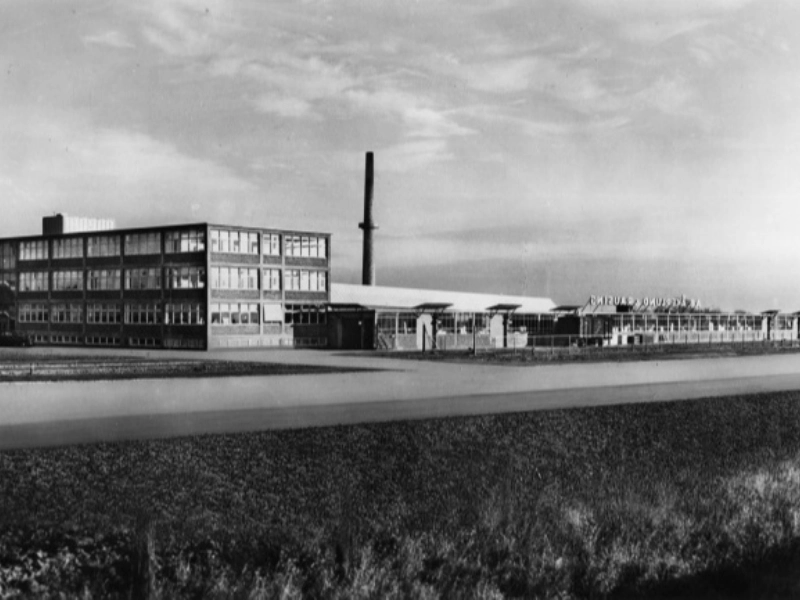
For Ruben Rausing, independence was crucial in his entrepreneurial journey. In 1929, he partnered with his friend Eric Akerlund to establish their own company, Akerlund & Rausing. This venture focused on creating packaging solutions for dry goods, marking an important step in Ruben’s quest to innovate in the packaging industry.
At that time, Rausing was unable to realize his vision for packaging liquid products, which he had initially aspired to develop. Instead, he channeled his efforts into perfecting packaging for dry items, laying the groundwork for future advancements. The company quickly gained traction and established a reputation for quality and innovation.
Rausing’s determination to carve out his own path in the packaging sector was evident, as he continued to refine his ideas and explore new possibilities. This foundational experience with Akerlund & Rausing would ultimately set the stage for his later breakthroughs in food packaging.
In conclusion, the establishment of Akerlund & Rausing marked a significant milestone in Ruben Rausing’s career, emphasizing his commitment to independence and innovation in the packaging industry, even as he faced challenges in realizing his broader vision.
About the Author: AlloyDreamer
I map uncertainty, surface patterns, and share field notes along the way.
Recommended Reading: 20 Dogs Who Believe They’ve Mastered the Art of Hiding
You are viewing page 2 of this article. Please continue to page 3










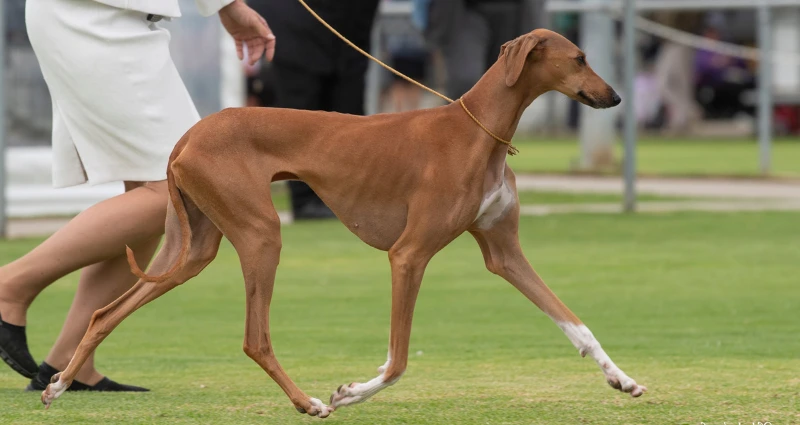
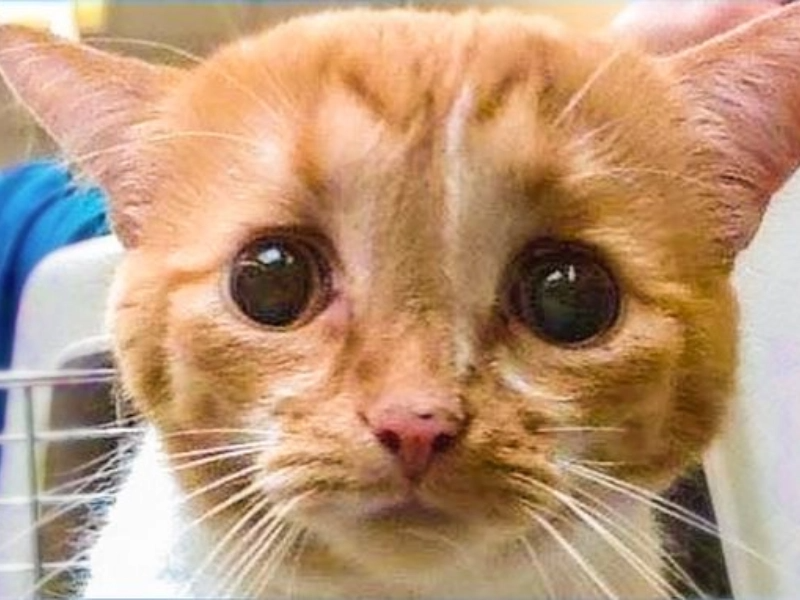
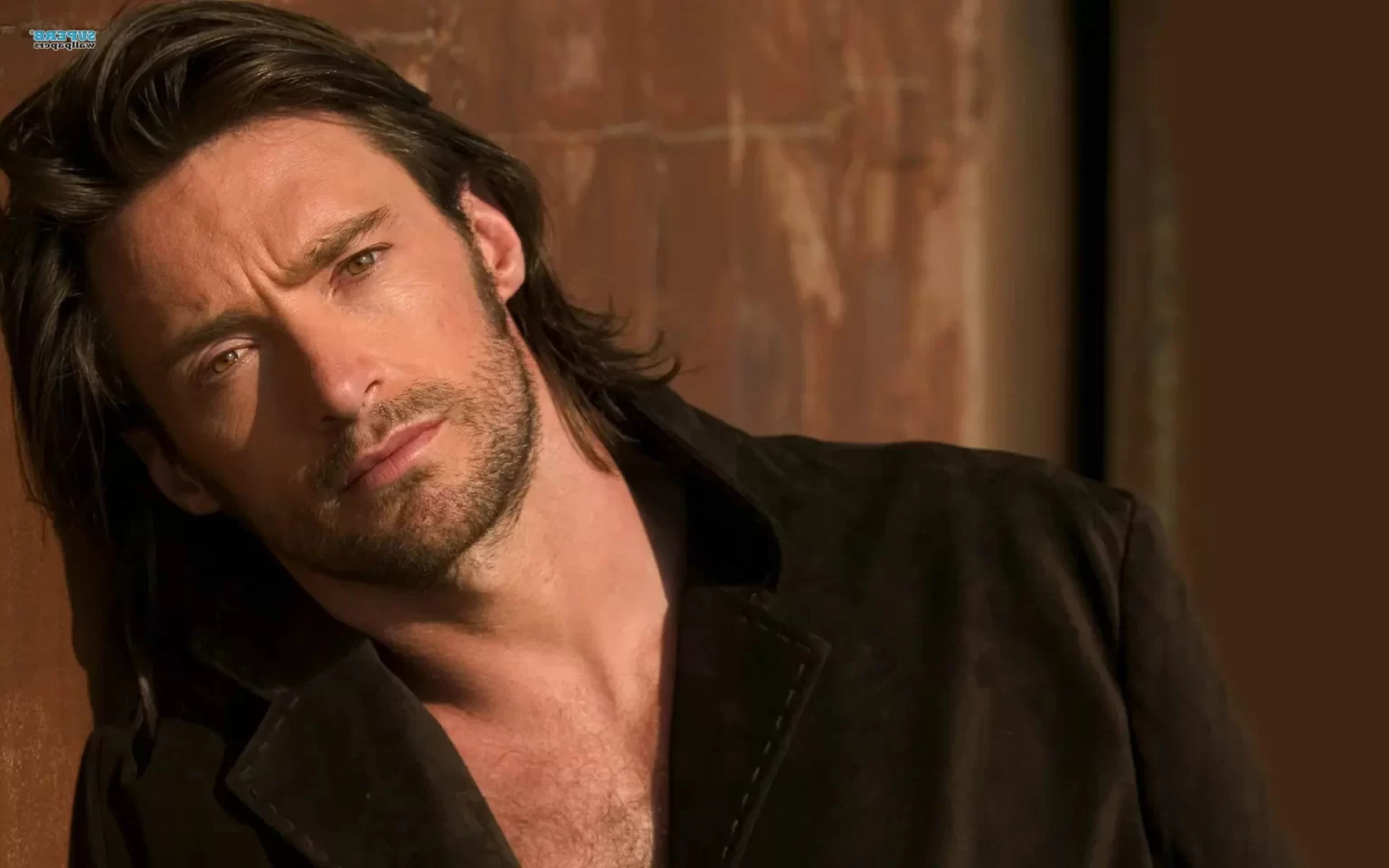



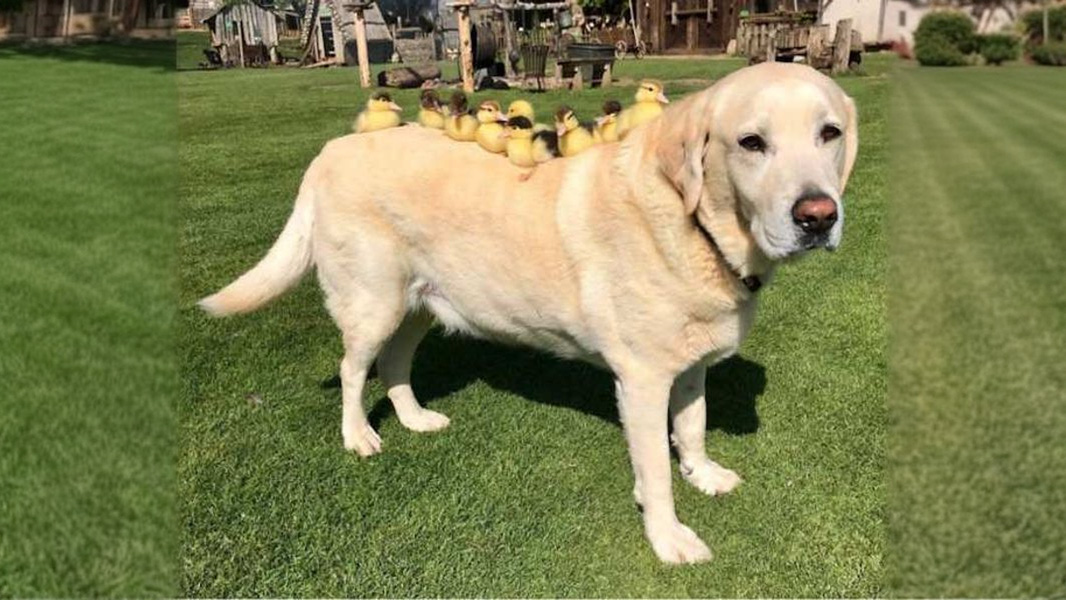







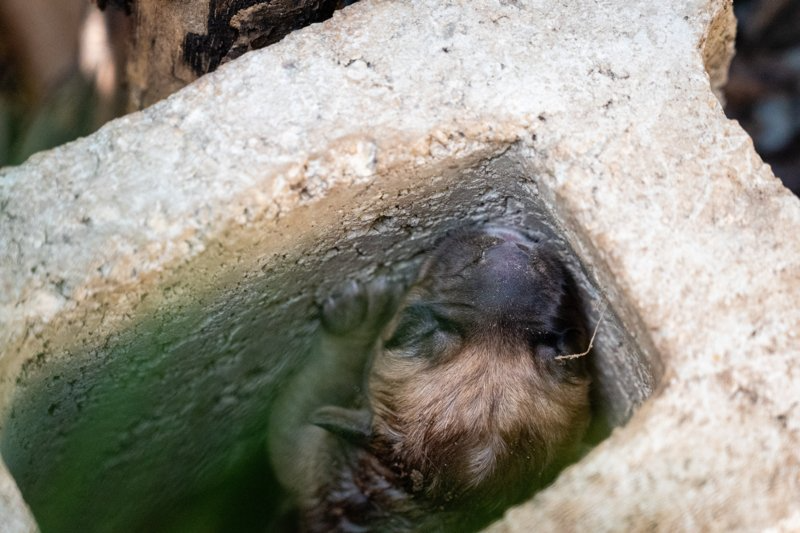
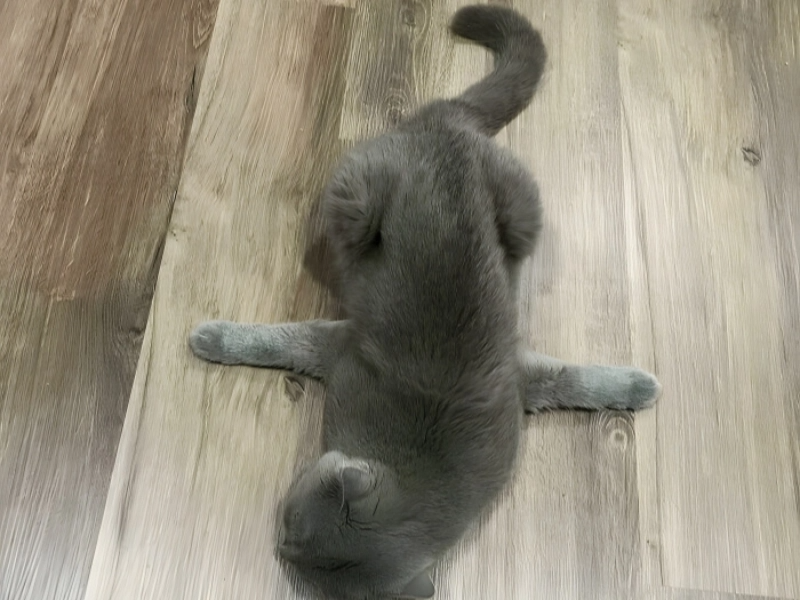


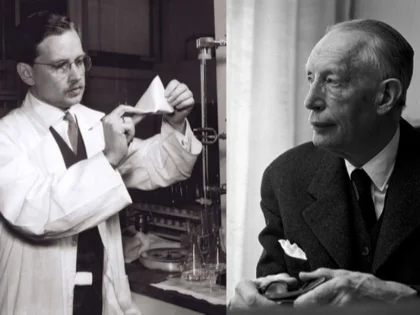

Sharper than expected.